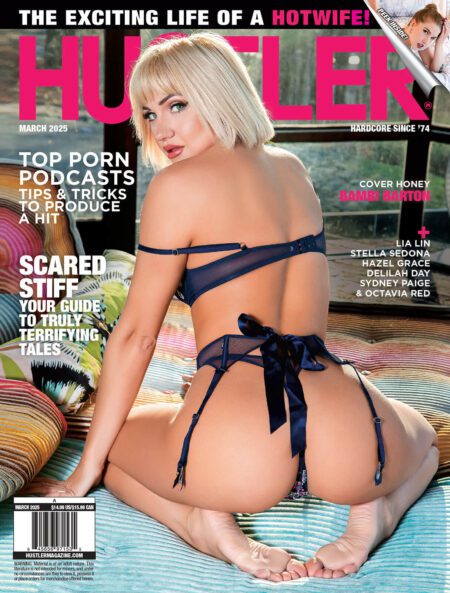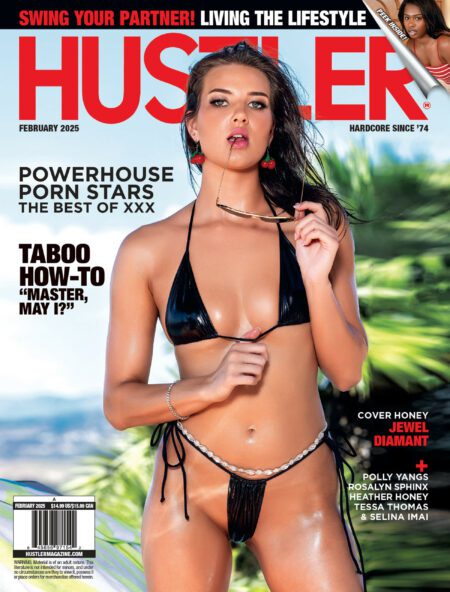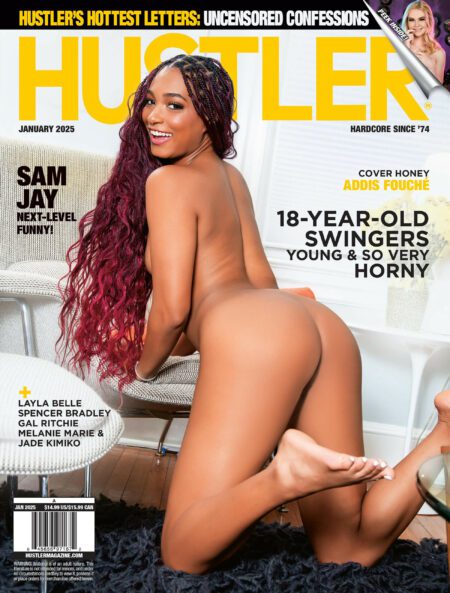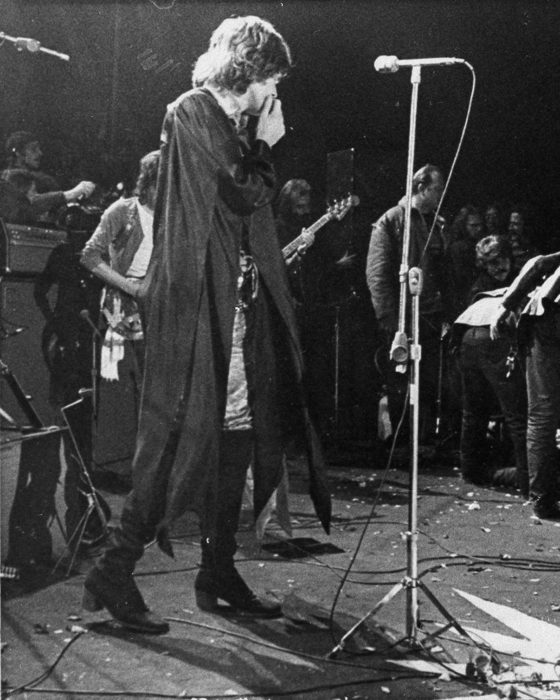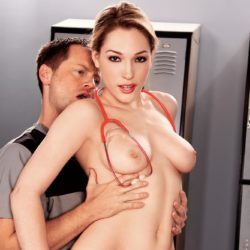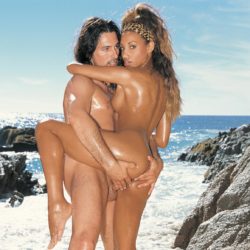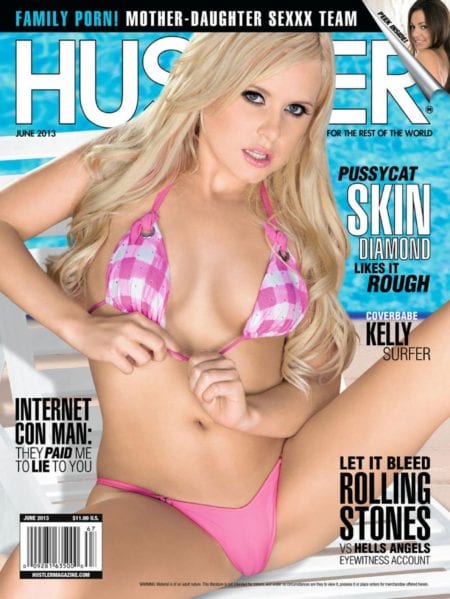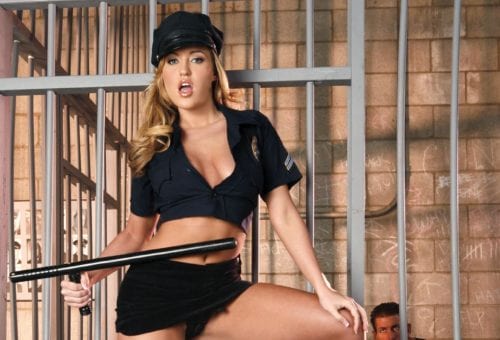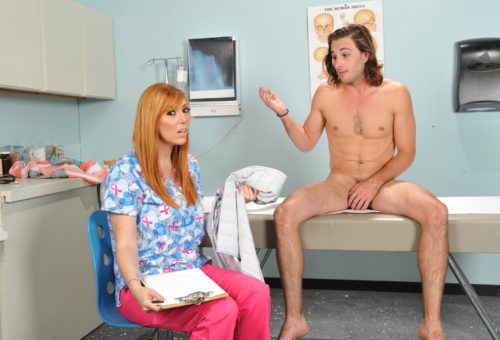Three months after Richie Havens struck the opening chords of the Woodstock festival in August 1969, a quarter of a million people peacefully demonstrated in Washington, D.C., against the Vietnam War. Nobody knew then that the coda to the Age of Aquarius was looming. The Beatles had all but officially disbanded, while the Rolling Stones’ final gig of the ’60s would end it on an everlasting bummer.
December 6, 1969. The Altamont Speedway, located about a half-hour’s drive from Berkeley, California, had been booked for a free concert by Mick and the boys.
The Stones’ 1969 U.S. tour—their first in three years—had been a huge success, grossing a then-unheard-of $1.25 million. The Bay Area stop would be a way for the band, which had been criticized for high ticket prices during the tour, to thank their fans.
I was the part-time rock journalist for the Oakland Tribune. While the rest of the nation took the hippie mantra “Never trust anyone over 30” lightly, the ultraconservative Tribune‘s brain trust officially hated anyone under that age. The only reason I was hired was because the newspaper couldn’t afford to ignore the global popularity of Bay Area bands like Jefferson Airplane and the Grateful Dead.
In October 1969 a press release came in announcing that the Rolling Stones would be coming to the Oakland Coliseum on November 9. Calling the phone number on the release, I was amazed to reach the home of singer Judy Collins. Her then-boyfriend Stephen Stills answered and asked if I wanted to speak with Mick.
Before I could ask if he meant Jagger or Taylor (Brian Jones’ recent replacement), the Stones’ lead singer was on the line. Jagger expressed fears of being out of touch with Bay Area music fans, wondered if the band’s greatest hits would still be appropriate, asked semiseriously if it was too late to join up for the Sexual Revolution in Berkeley and was emphatic that he would not sing “Satisfaction” after he turned 40.












